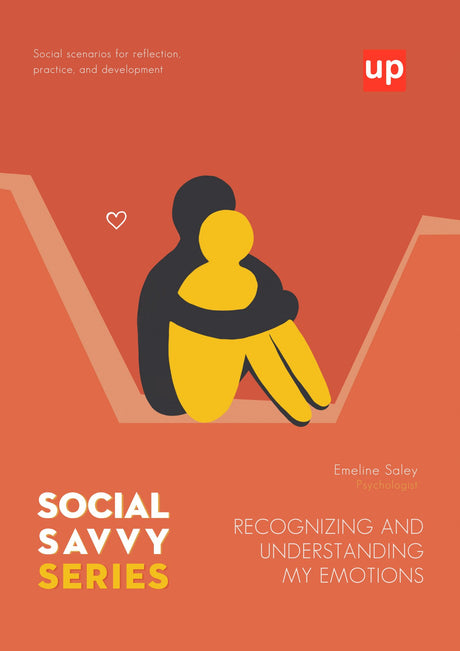Asperger Syndrome
Asperger's syndrome is a form of autism that is often misunderstood by many people. It is a neurodevelopmental disorder that affects social interaction, communication and behaviour. People with Asperger's have difficulty understanding and interpreting social cues, making eye contact and developing social relationships. They also often exhibit repetitive behaviors and may have limited interest.
The Diagnostic and Statistical Manual of Mental Disorders is a set of criteria for diagnosing human psychiatric disorders published by the American Psychiatric Association. The most recent edition of the manual (DSM-5) was released in 2013 and has been updated with new disorders and diagnostic criteria.
The diagnosis of the syndrome predates the DSM-5 version and is different from the diagnosis of autism spectrum disorder (ASD) in DSM-5. Under DSM-IV, Asperger syndrome was a subtype of autism spectrum disorder (ASD), but was not included as a separate diagnosis in DSM-5. In fact, DSM-5 replaced the term "ASD" with "autism spectrum disorders" and recognizes the various forms of ASD, including the former subtype of the syndrome.
Asperger syndrome belongs to the autism spectrum (developmental disorders), which refers to a group of related disorders of the human neuropsychological system that affect social interaction, communication and behaviour. Autism spectrum disorders include classic autistic disorder, Asperger's syndrome, developmental delayed speech disorder and other related disorders.
Children with Asperger's syndrome usually have a normal appearance and do not have delays in language development or cognitive developmental rate. However, there may be problems with communication, interaction and behaviour.
If you have a family member or friend who has been diagnosed with Asperger syndrome, it is important to understand what it is and how you can support them. This guide will provide you with information about what the syndrome is, how it affects people and how you can help.
What is Asperger's syndrome?
It is a form of high-functioning autism, which means that people with Asperger's have average or above-average intelligence and can communicate verbally.
The characteristics of Asperger's syndrome
The characteristics of the syndrome may be different for each person, but some common features include:
- People with aspergers often find it difficult to express themselves emotionally and socially. They may find it difficult to understand social cues, engage in small conversations and form and maintain friendships. They may also struggle with empathy or the ability to understand and relate to the feelings of others.
- Limited interests and repetitive behaviours: They may be obsessed with a particular subject, such as trains or dinosaurs, and spend hours learning about it. They may also have certain routines they follow, such as always putting their toys in a certain order in a certain way.
- Sensory problems: They have sensory problems, such as hypersensitivity to sound, light or touch. They may become overwhelmed in noisy or crowded environments or become agitated if they are touched unexpectedly.
- Literal thinking: they often have difficulty with figurative language and sarcasm. They may take things too literally and have difficulty understanding jokes or social cues based on indirect language.
- Routine and predictability: People with aspergers often benefit from structure and routine. They may become stressed or upset if their routine is disrupted or unexpected changes occur.
- Great attention to detail: they often have great attention to detail and may be able to notice things that others do not notice. This can be an advantage, but it can also make it difficult for them to see the big picture or prioritize their tasks.
- They have strong reasoning skills and may excel in maths or science. However, they may struggle with abstract or creative thinking.
- Difficulty with transitions: People with asperger syndrome often have difficulty transitioning from one activity or environment to another. They may become overwhelmed or upset if they are in a hurry or do not have enough time to prepare for a change.
Causes of asperger syndrome
Some of the genetic factors associated with Asperger syndrome include:
- Selective expulsion by parents. It has been shown that parents who have inherited the Asperger's syndrome gene are more likely to miscarry their autistic child.
- Hereditary factors. Research has shown that people with Asperger's often have a family history of autism or other developmental disorders.
- Gene mutations. The study of the genes of people with Asperger's has shown a number of mutations associated with the syndrome.
- Abrupt changes in diet. There are reports that changes in diet, such as the introduction of new foods, can affect the behaviour of children with aspergers.
- Exposure to toxic substances. Researchers have suggested that extensive exposure to toxic substances, such as pesticides and chemicals, may be linked to the syndrome.
- Communication and behavioral disorders of the parent. There are reports that parental communication and behavioral disorders can affect how autism develops in their children.













